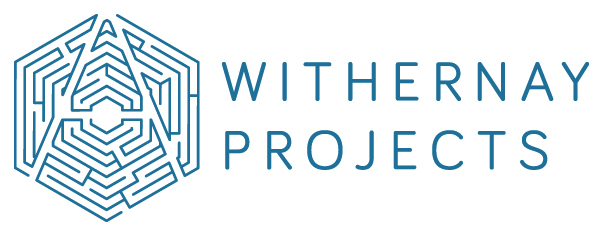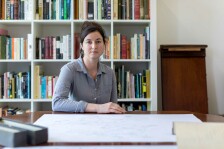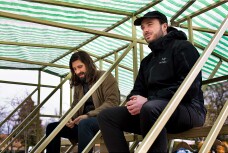Timeline
Timeline This is the story of the Strand Aldwych project so far
It describes the design development resulting from engagement with stakeholders which has helped to define the direction of travel for the project.
The development of the Strand Aldwych project is presented here in reverse chronological order. If you would like to understand the project from the very beginning please start from the bottom of the page.
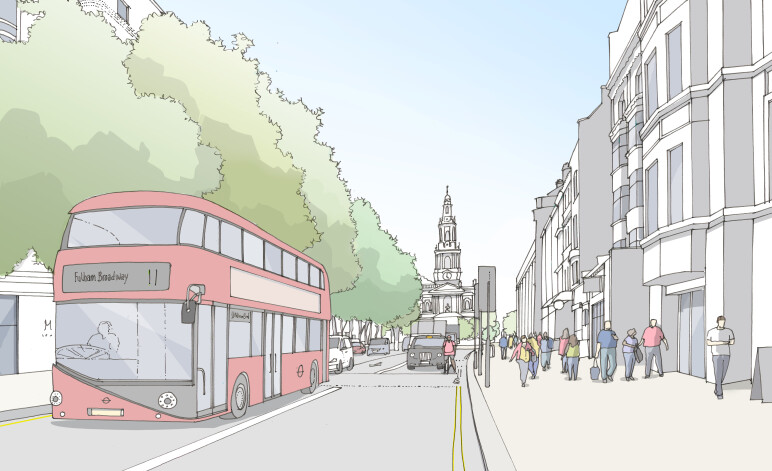
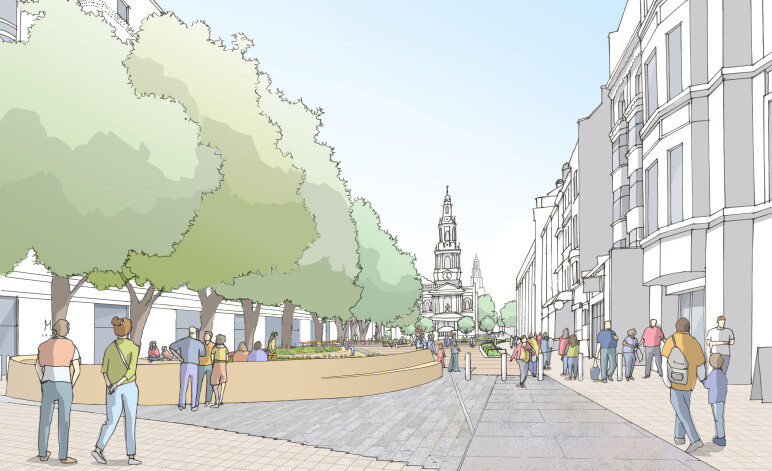
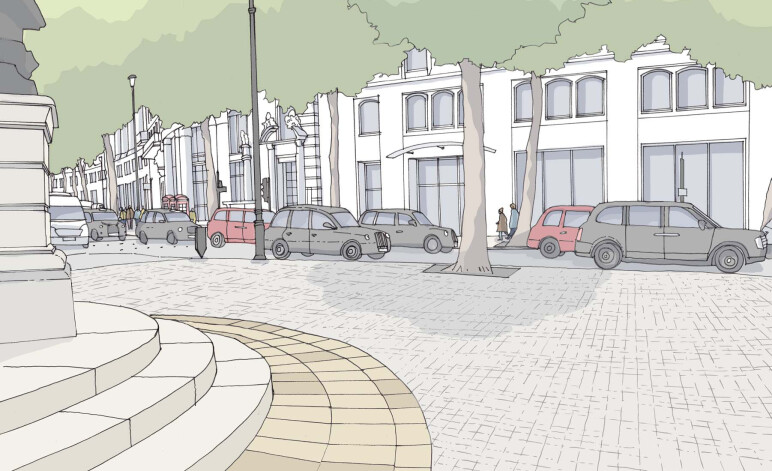
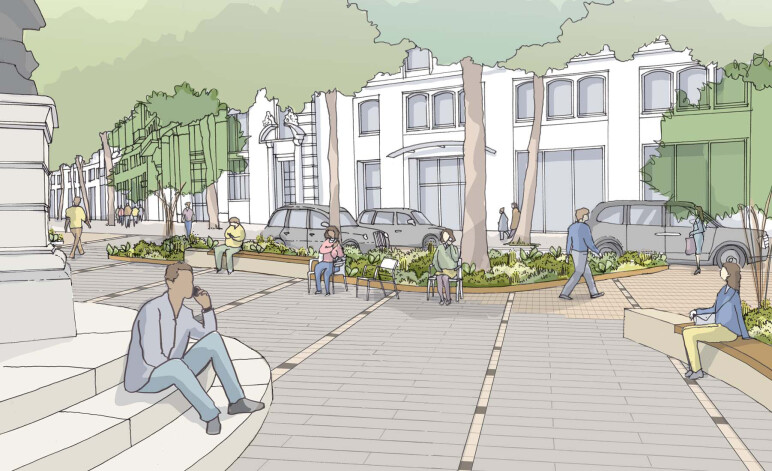
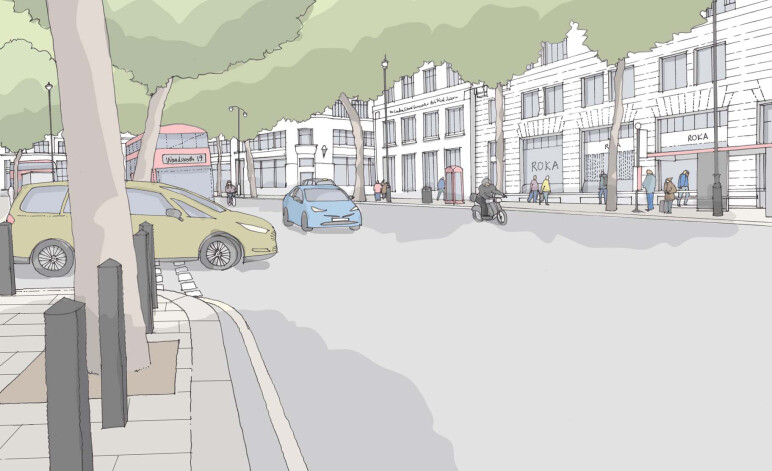
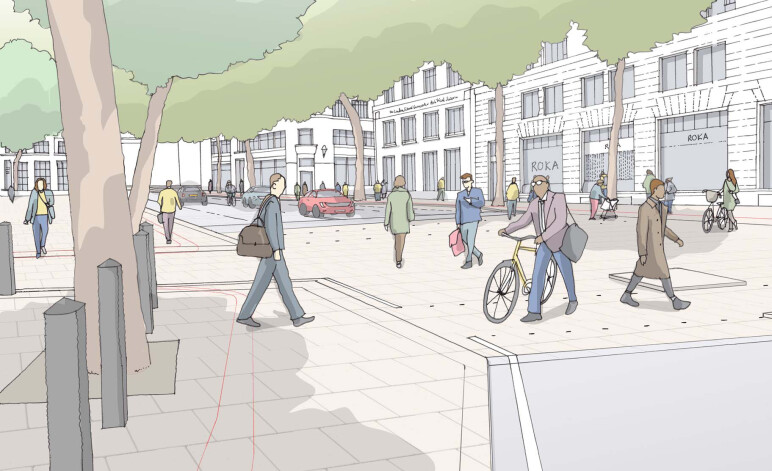
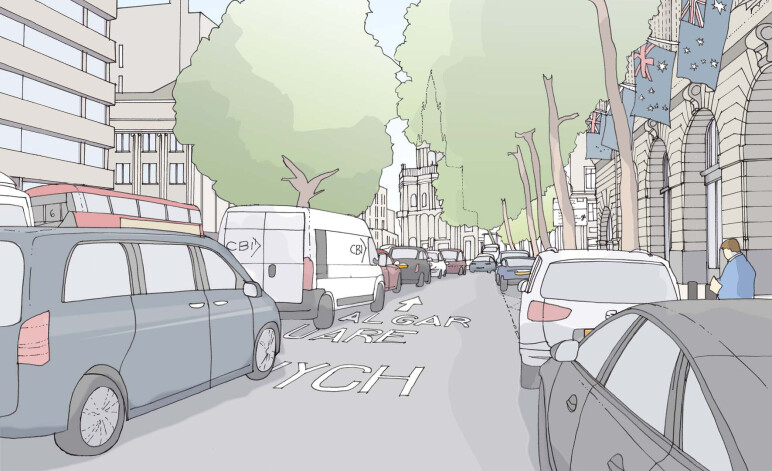
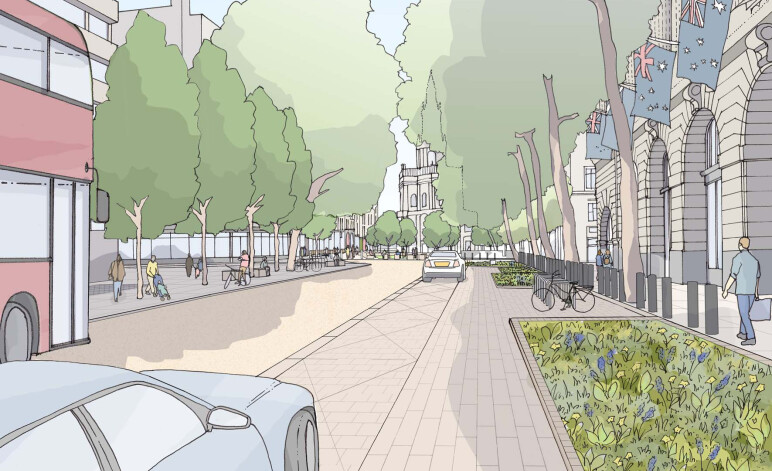
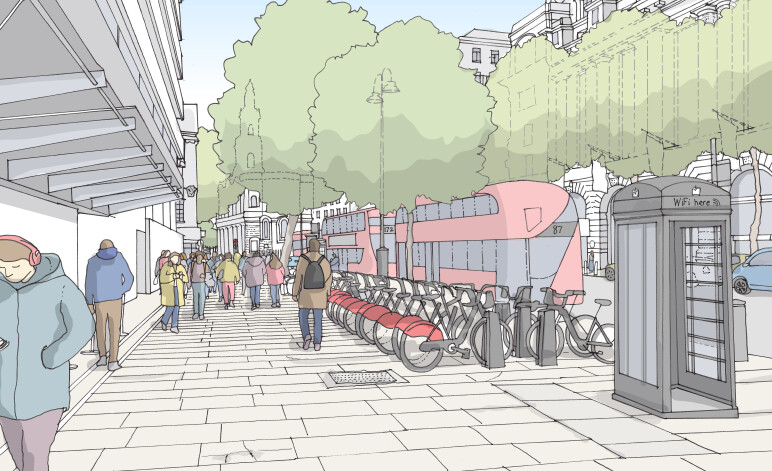
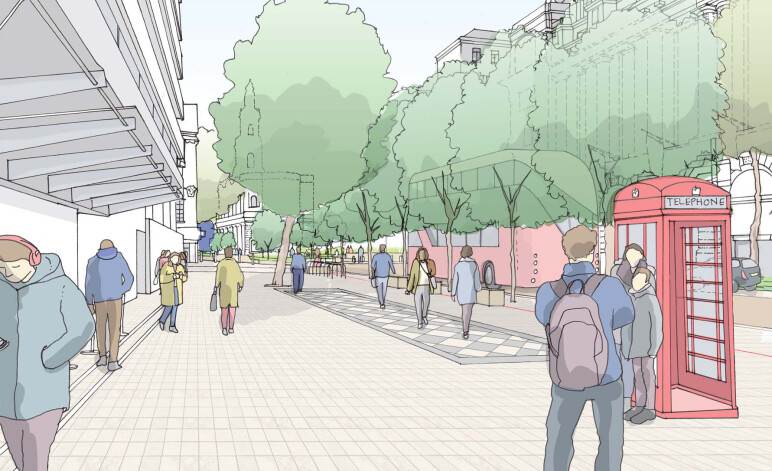
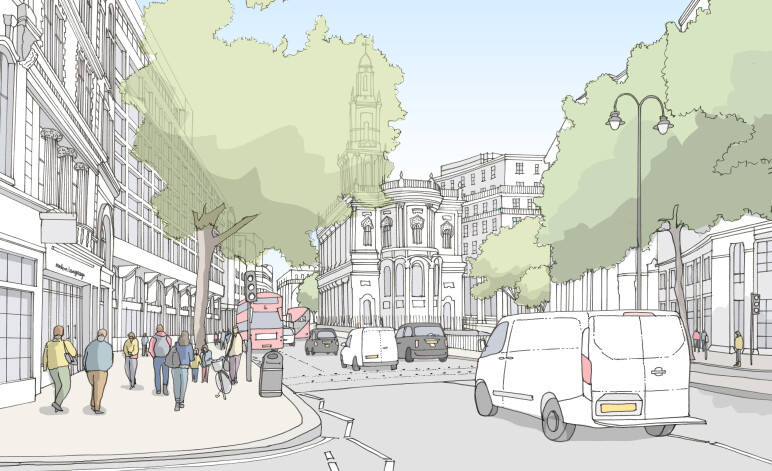
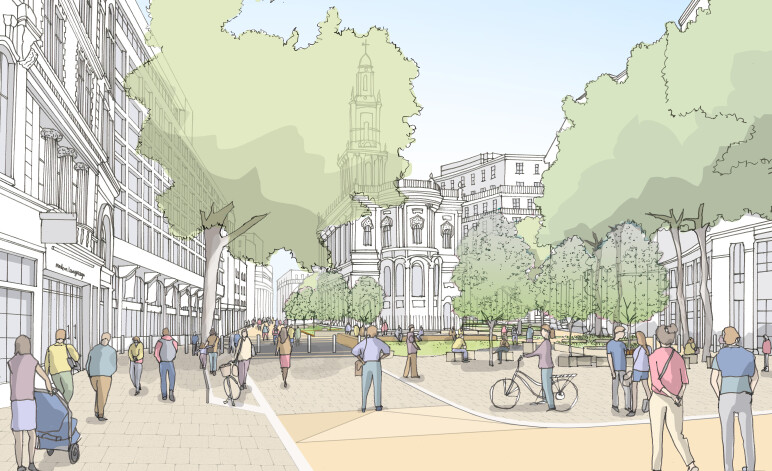
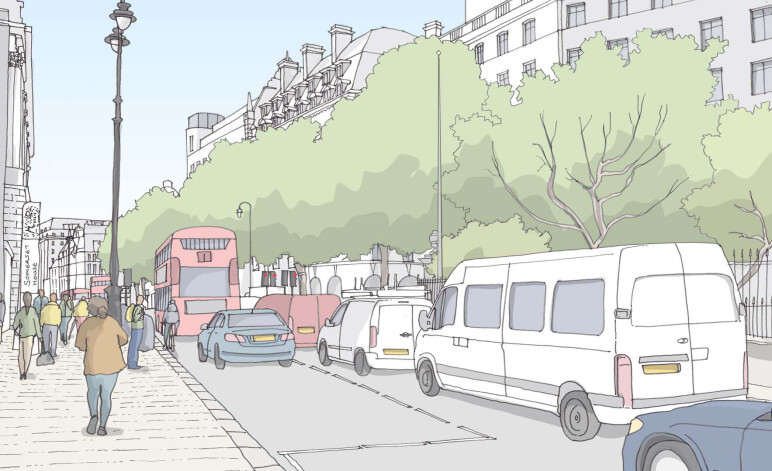
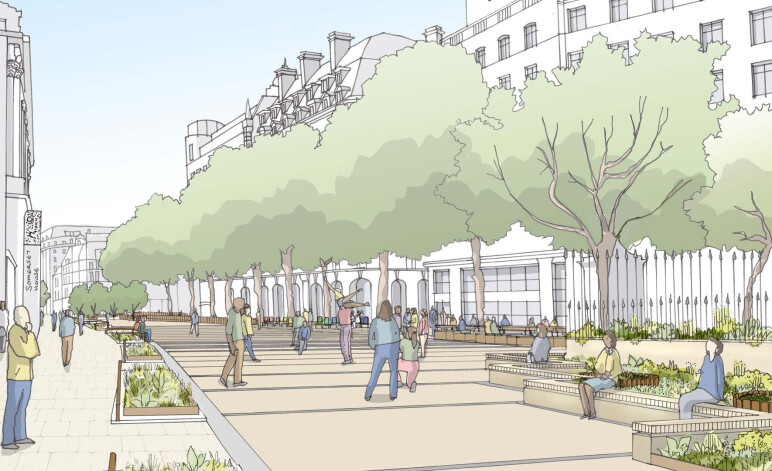
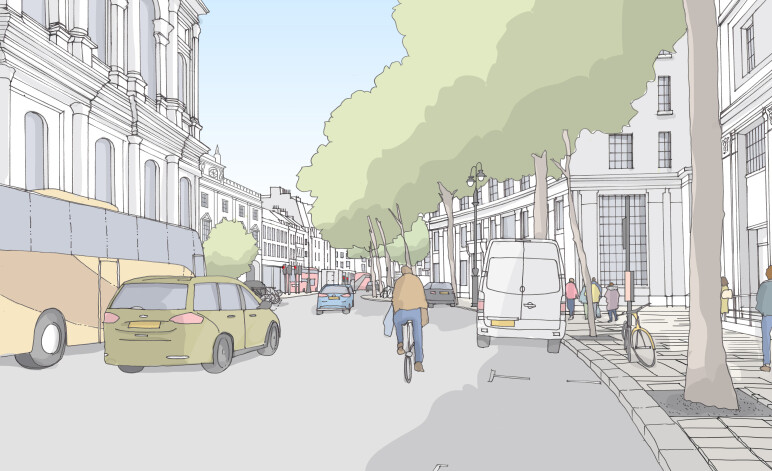
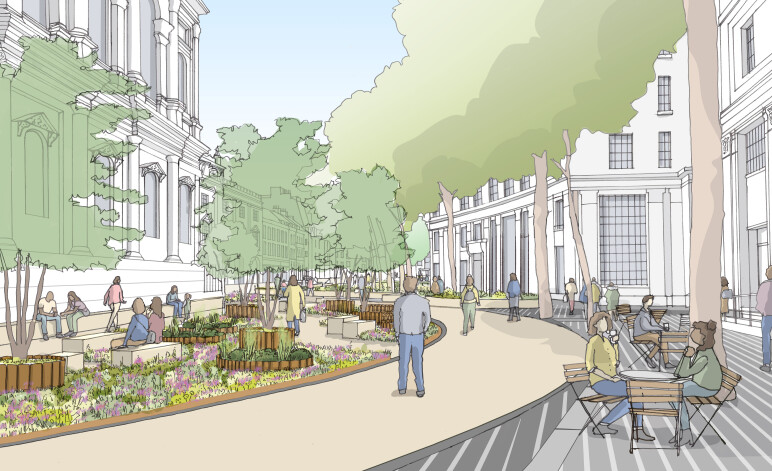
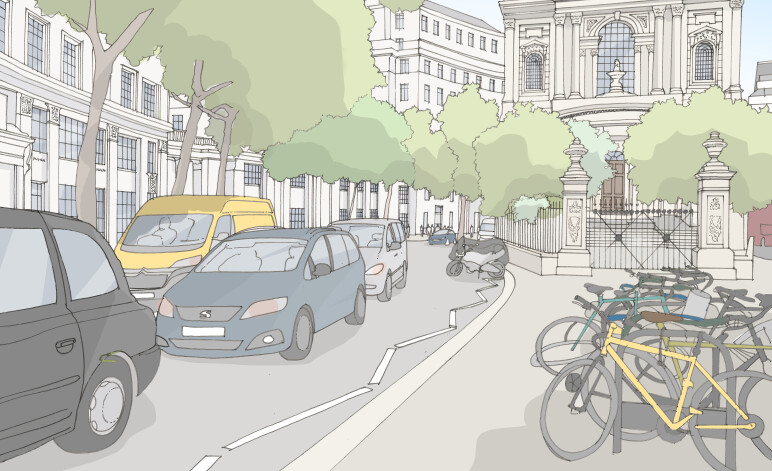
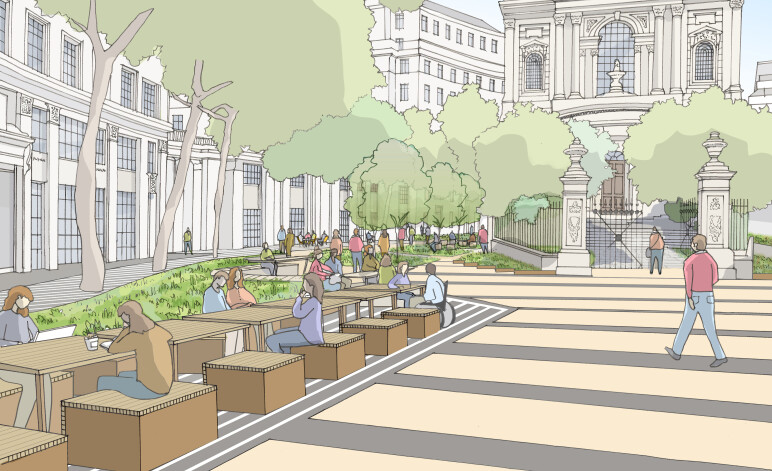
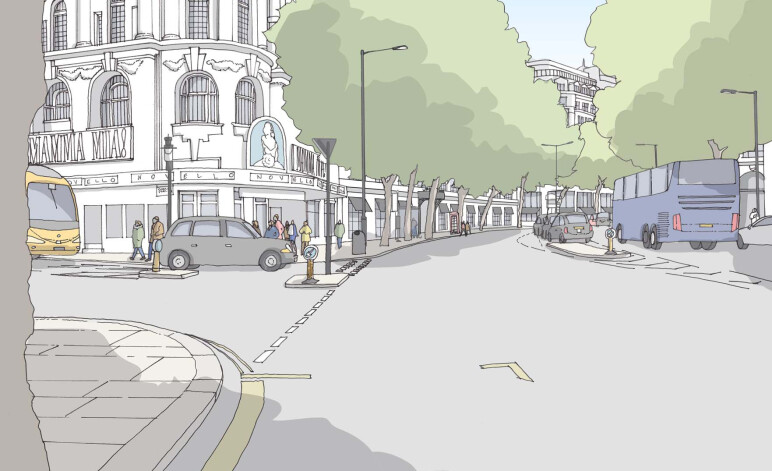
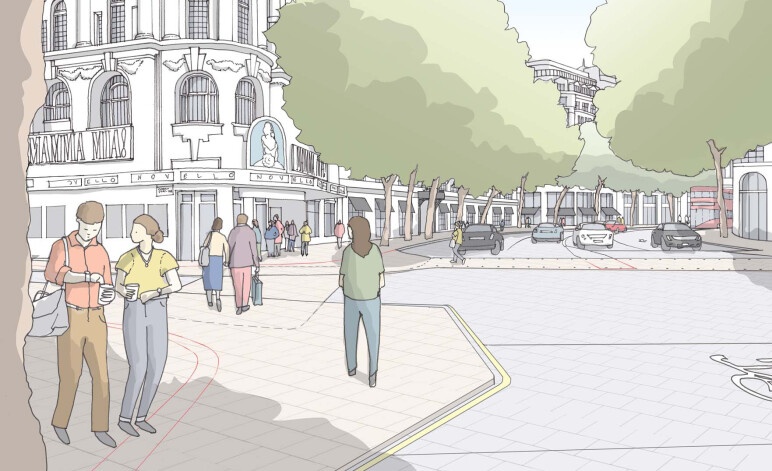
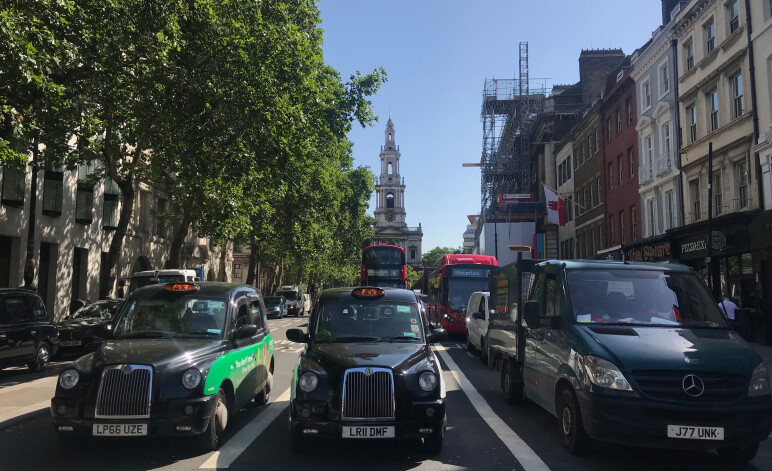
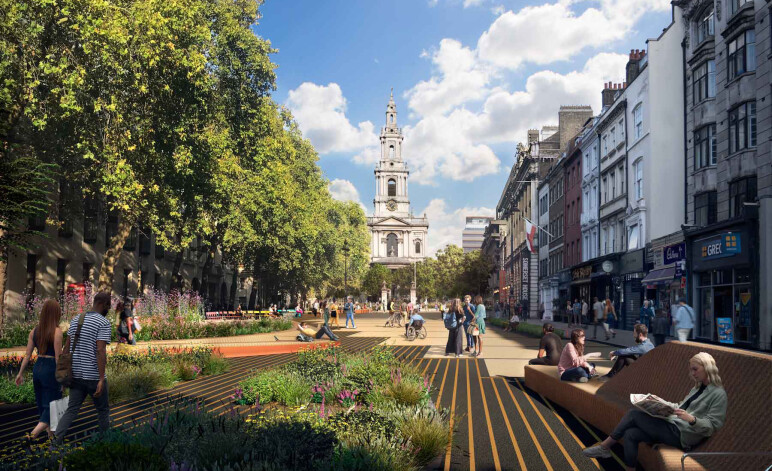
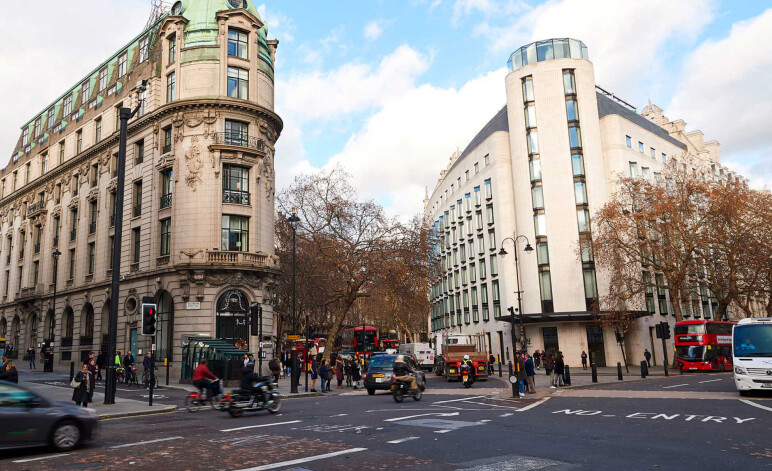
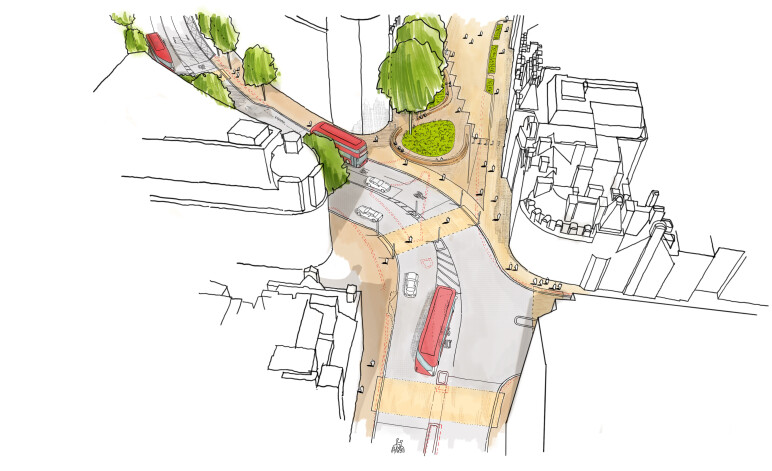
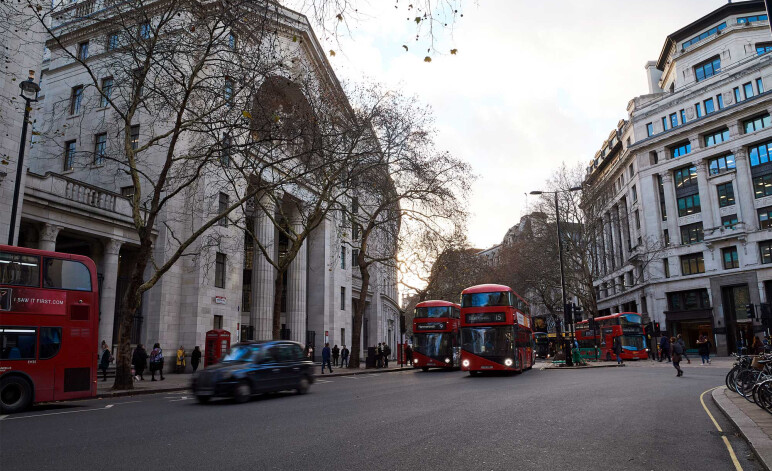
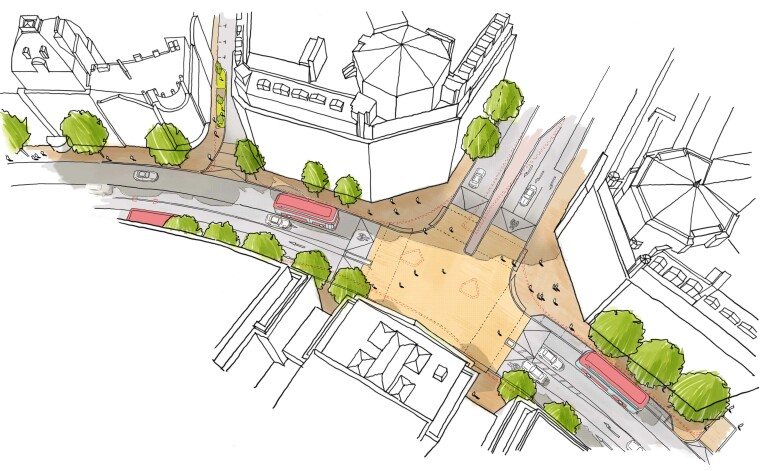
Construction Begins
Construction begins
The Strand/Aldwych Public Realm Improvements started in January 2021. To see more information and see FAQs use the link below
Traffic Order Consultation
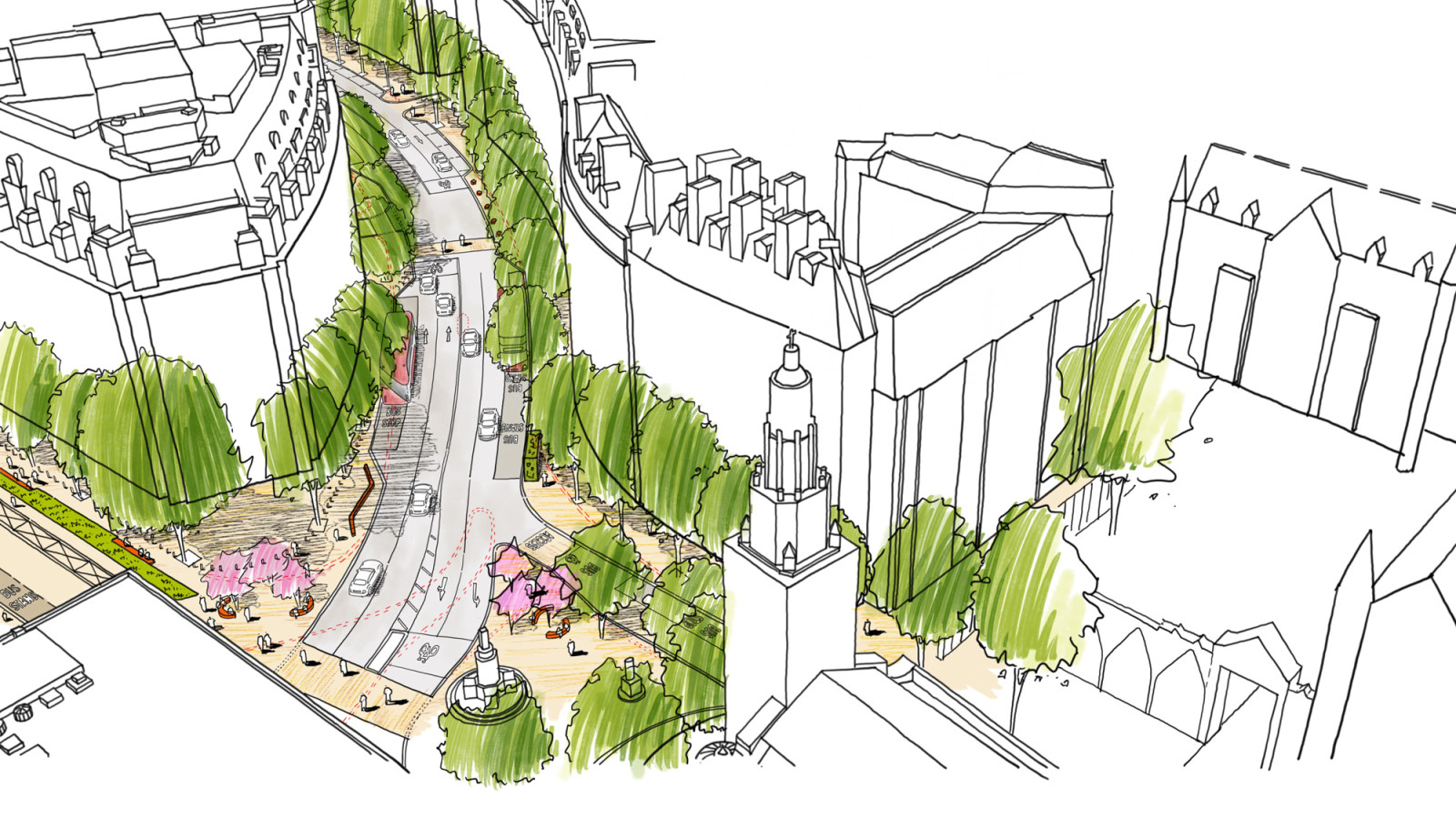
9th September 2020 TRAFFIC ORDER CONSULTATION CLOSED
Work has been progressing to refine technical details for the highway changes proposed as part of the Strand Aldwych scheme. These are presented here within the statutory Traffic Order consultation documents. The outcome of the Traffic Order consultation along with further details on the project will be published on this website later in the year.
19th August 2020 STATUTORY TRAFFIC ORDER CONSULTATION
The ambition of the Strand Aldwych project is to transform this location from a polluted, traffic dominated gyratory to a pedestrian focused destination with strong links to the surrounding districts. The new public realm will balance the needs of the everyday for the local community with a world-class scheme. The vision is for the area to become a global creative and cultural quarter which will be an international beacon for creativity, enterprise and learning.
The project objectives are:
- Encourage exemplary collaboration within and between a cluster of world-class cultural and educational institutions, SMEs and students enabling high end research, innovation and a public showcase
- Nurture and promote skills, entrepreneurship and economic growth in the knowledge and creative sectors
- Reduce congestion, improve air quality and journey times, with associated positive impacts on health and associated economic benefits
- Create an inspirational, safe and secure destination that offers a meeting place for workers, students, visitors and residents.
2019 Consultation
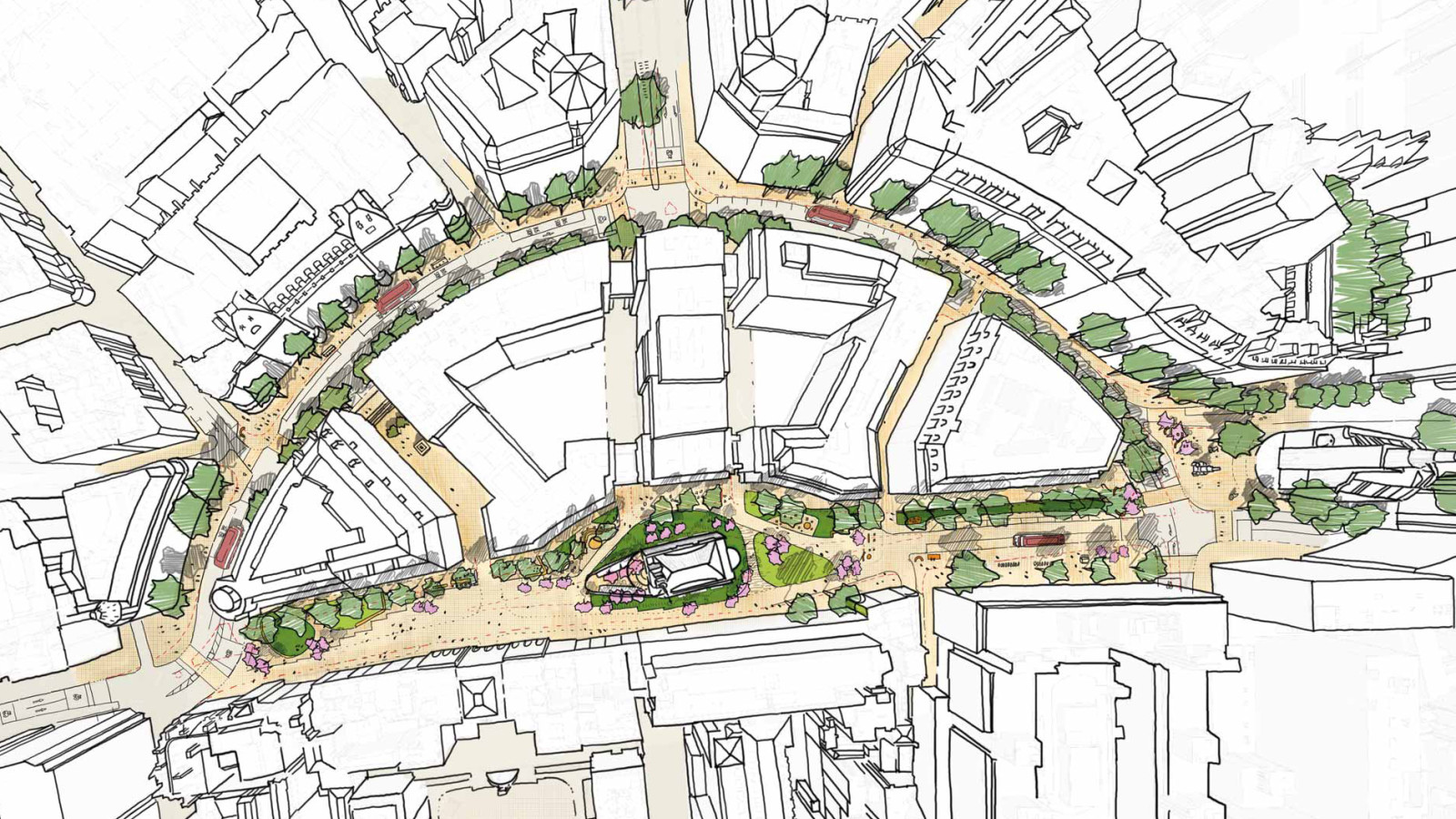
30 January – 13 March 2019 Public consultation on concept design
The Strand Aldwych public consultation ran for 6 weeks from 30 January 2019 until 13 March 2019 asking for public feedback on the proposed design. We received 1,424 responses. Click the link below for a full summary of the consultation and response.
Artists Involvement
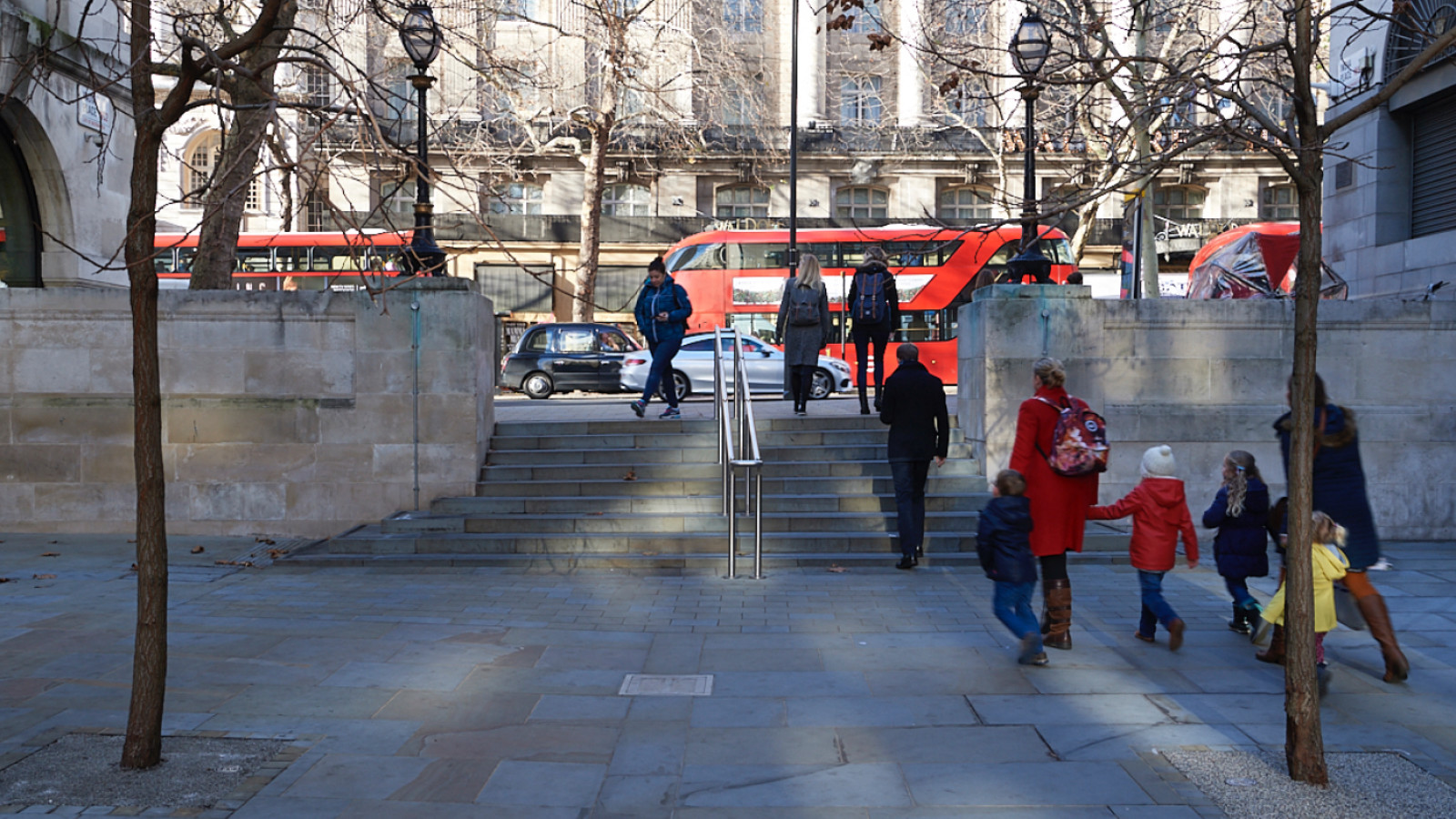
6 November 2018 Artist involvement process launched
Northbank launched a process for involving artists in the design development for Strand Aldwych going forward. This process is aimed at gathering expertise outside the technical scope of the project and contributing to the identity and culture of the new neighbourhood at early concept stages of design. The overview of this process can be found below.
Meet the artists
|
|
Nick Ryan is exploring the creation of a site specific sound installation across the space inspired by remarkable yet untold histories of radio innovation that began on the Stand and changed the world |
|
Emma Smith is developing a cross-site artwork which evokes past and present human activity and stories at Strand-Aldwych |
|
 |
Matthew Rosier’s proposal looks to celebrate the people of Strand Aldwych through projected video portraits |
|
Something and Son are developing a design proposal to create a new London destination for listening, learning and the exchange of knowledge. |
End of Feasibility Stage
July 2018 End of Feasibility Stage
The concept for the Strand Aldwych project was agreed in July 2018, which forms the basis for the consultation in January 2019. This marks the completion of the first stage of the project and is representative of an overall concept for the area.
The following stages of the project will focus on testing and detailing the concept, taking on board comments and feedback received at the feasibility stage.
RIBA Stage 0
Strategic Definition
RIBA Stage 1
RIBA Stage 2
RIBA Stage 3
Stage 1 - Feasibility
Initial review to establish whether there is an immediately obvious case for the project.
Stage 2 - Initial Design
Work up scheme to sufficient detail to determine how a scheme will appear on site and to produce a cost estimate.
Stage 3 - Detailed Design
Work up scheme to level of detail sufficient for construction purposes.
Stage 4 - Tender Action, Procurement and Site Set-up
Stage 5 - Implementation
Stage 6 - Completion
Stage 9 - Traffic Orders
(runs concurrently with Stages 2 and 3)
Production of traffic orders, traffic order consultation, consideration of objections and making of traffic orders.
21 March 2018 Visioning workshop held with stakeholder groups
The design process for the public space at Strand Aldwych was initiated with visioning workshops which were attended by the various stakeholder groups and the creative community in the area in April. The purpose of these workshops was to establish design principles for the look and feel of the public space and explore activities that could take place in the space.
Format
Outcome

26 April 2018 Public realm design options discussed
The design principles and direction established in the Visioning Workshops were used to create three distinct design options for the public space at Strand - Aldwych. These were presented to the various stakeholder groups to gather reactions and feedback.
The three options explored the look and feel of the space, the ratio of hard to soft, permanence and temporary overlays and ways in which the space can be used and occupied by people visiting the area.
Outcome
17 May 2018 Public realm concept agreed with stakeholder groups
The feedback on the three design workshops indicated a spatial preference for the concepts demonstrated in Options 1 and 2 in the Options workshop. It also established components of all three options that would be desirable on the site.
All of this feedback was consolidated to create the preferred design - which is a hybrid of Option 1 and Option 2 and brings desirable components from all three workshops.
The preferred design was presented to all stakeholder groups on 17 May 2018 and was well received.
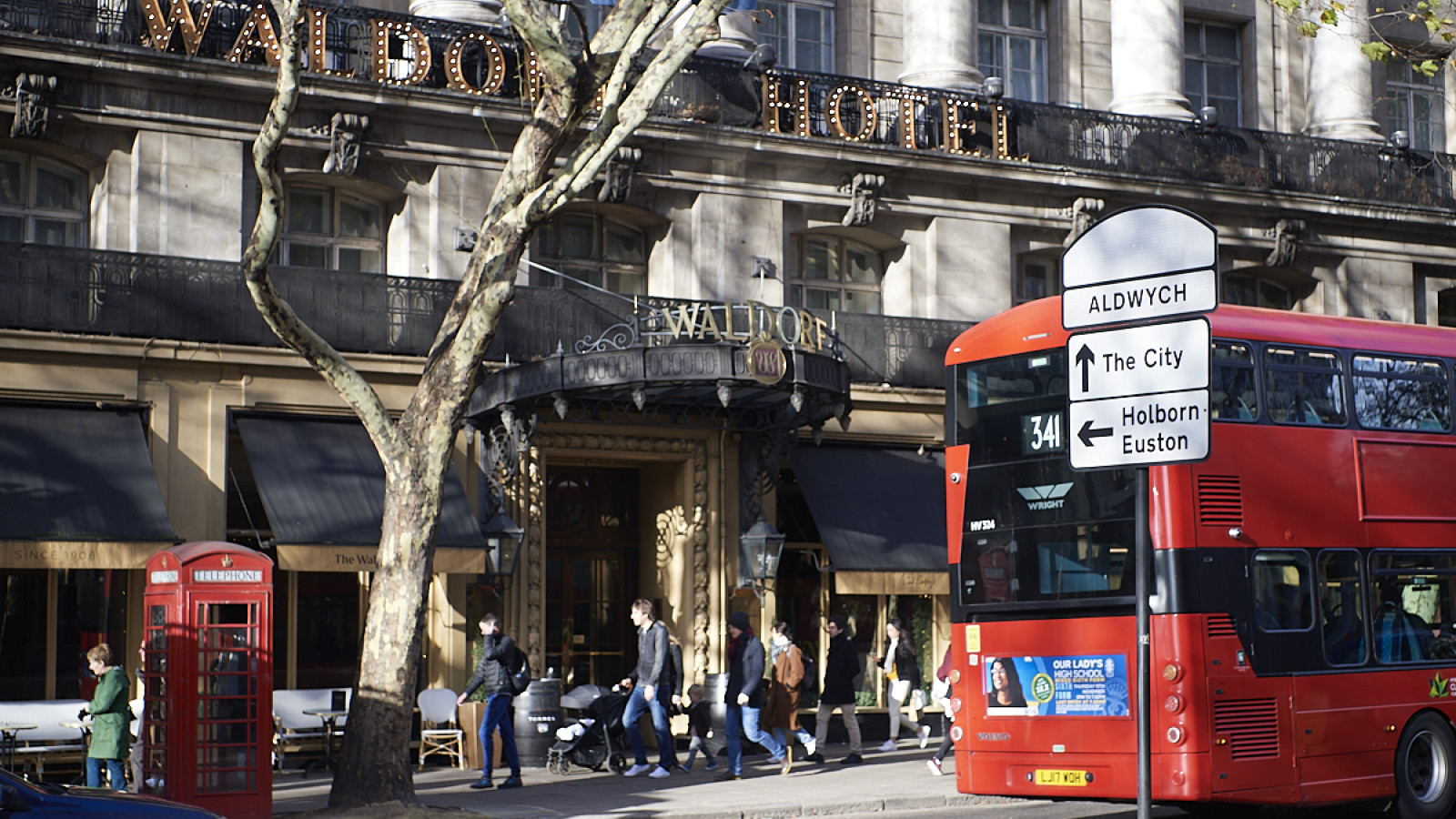
June 2018 Consolidation with wider project team
The landscape design team consolidated feedback from the preferred design option and the design was taken through checks with the engineering team. The design team then addressed all comments from the stakeholder groups, engineering teams and WCC officers to update the concept design, produce the RIBA Stage 2 report and provide updated cost calculations. These will form the basis of future work at RIBA Stage 3.
March 2018 Stakeholder groups created
Community participation and input lies at the heart of the design process for Strand Aldwych. In order to effectively involve stakeholders in the concept development for Strand Aldwych, three review groups were created.
Local Stakeholder Group
Programming & Operations Group
Cultural Advisory Group
Workshops around design development were carried out with all three groups at key stages of concept development, incorporating feedback as the concept was developed.

February 2018 Landscape consultant appointed
The design brief for the public realm at Strand Aldwych was agreed with the Joint Project Board and a competitive procurement process was carried out. LDA Design were successful in this process and were appointed landscape consultants for the scheme.
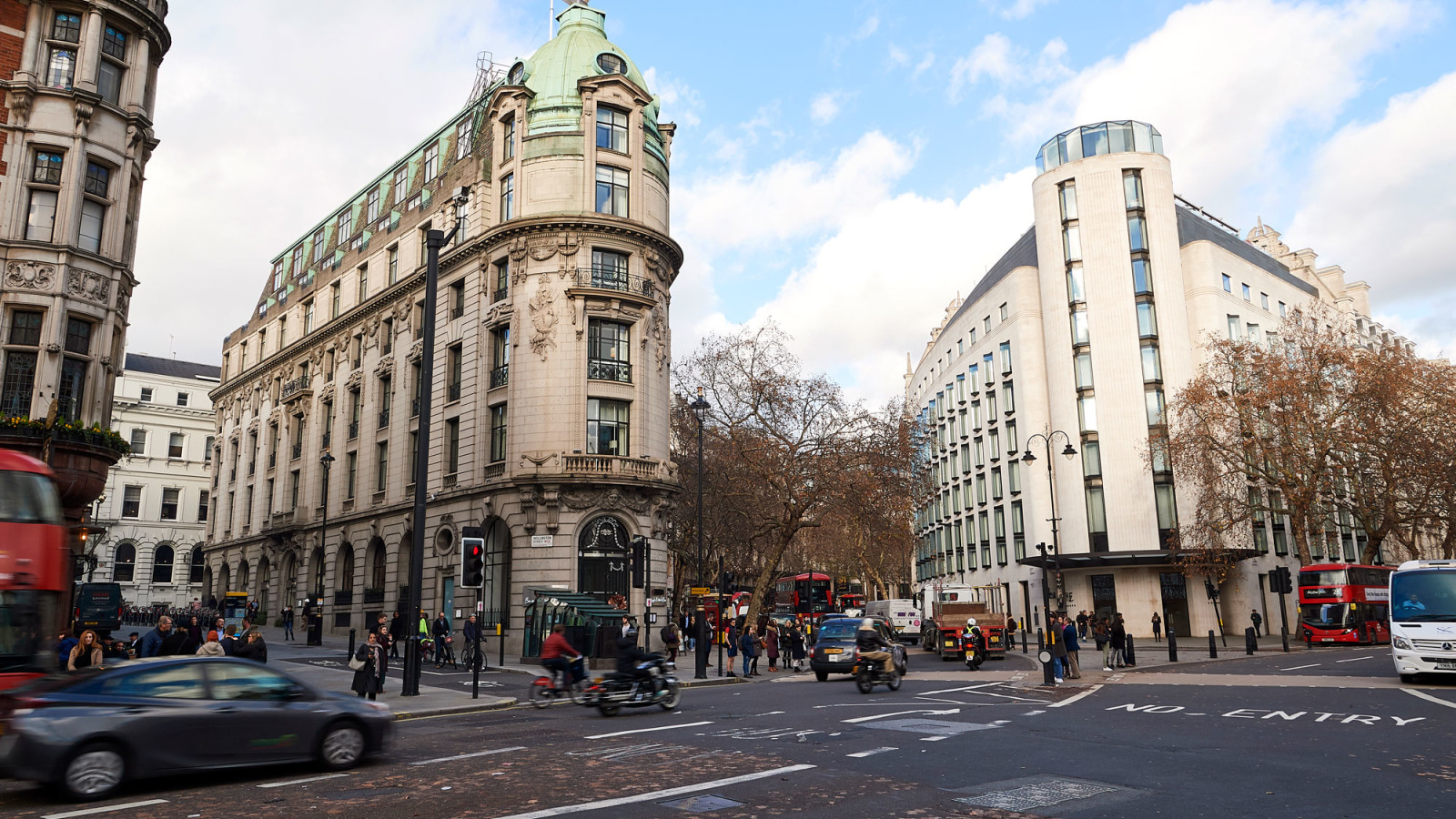
October 2017 Urban design study completed
Following the establishment of the traffic framework for Strand Aldwych, the Place Shaping team at Westminster City Council carried out an Urban Design study of the area. The purpose of this study was to analyse the area in the context of proposed traffic changes and propose an urban framework that defines design objectives and establishes the design brief for the landscape consultant.
2017 Project board set up
The Strand Aldwych Joint Project Board was set up and its first meeting was held in May 2017. The Board is comprised of representatives from the project’s diverse group of stakeholders and its purpose is to provide strategic oversight for the project to achieve the agreed vision of creating a global-scale creative and thinking quarter in London. The Joint Project Board is chaired by the Chief Executive of Somerset House. Secretariat is provided by the Northbank BID. The remit of the board is advisory, specifically to:
- Provide strategic oversight and agree objectives and outcomes;
- Agree the programme for the project and any significant changes to key milestones;
- Endorse decisions on surface transport proposals and agree the strategy for their implementation;
- Advise on funding issues for the delivery of the project;
- Resolve issues as needed;
- Align communications and key messaging relating to the project;
- Provide oversight on possible impact and interrelationship with other relevant projects; and
- Align the strategic plans and processes of their respective organisations for the achievementof agreed project outcomes;
Strand Aldwych project begins
2017 Strand Aldwych project begins
The Place Shaping team at Westminster City Council commenced work on Strand Aldwych. The Council appointed a project team led by term contractors FM Conway with traffic advice from Norman Rourke Pryme (NRP) and engineering input from WSP.
The project team built upon the work set out by Northbank through its Vision for Aldwych by Publica. Northbank further commissioned NRP to advise on traffic, which led to the traffic framework for the project.
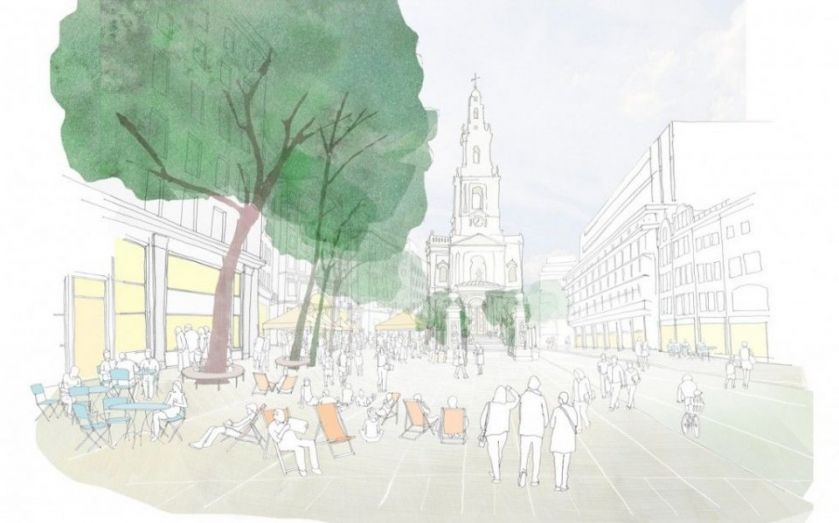
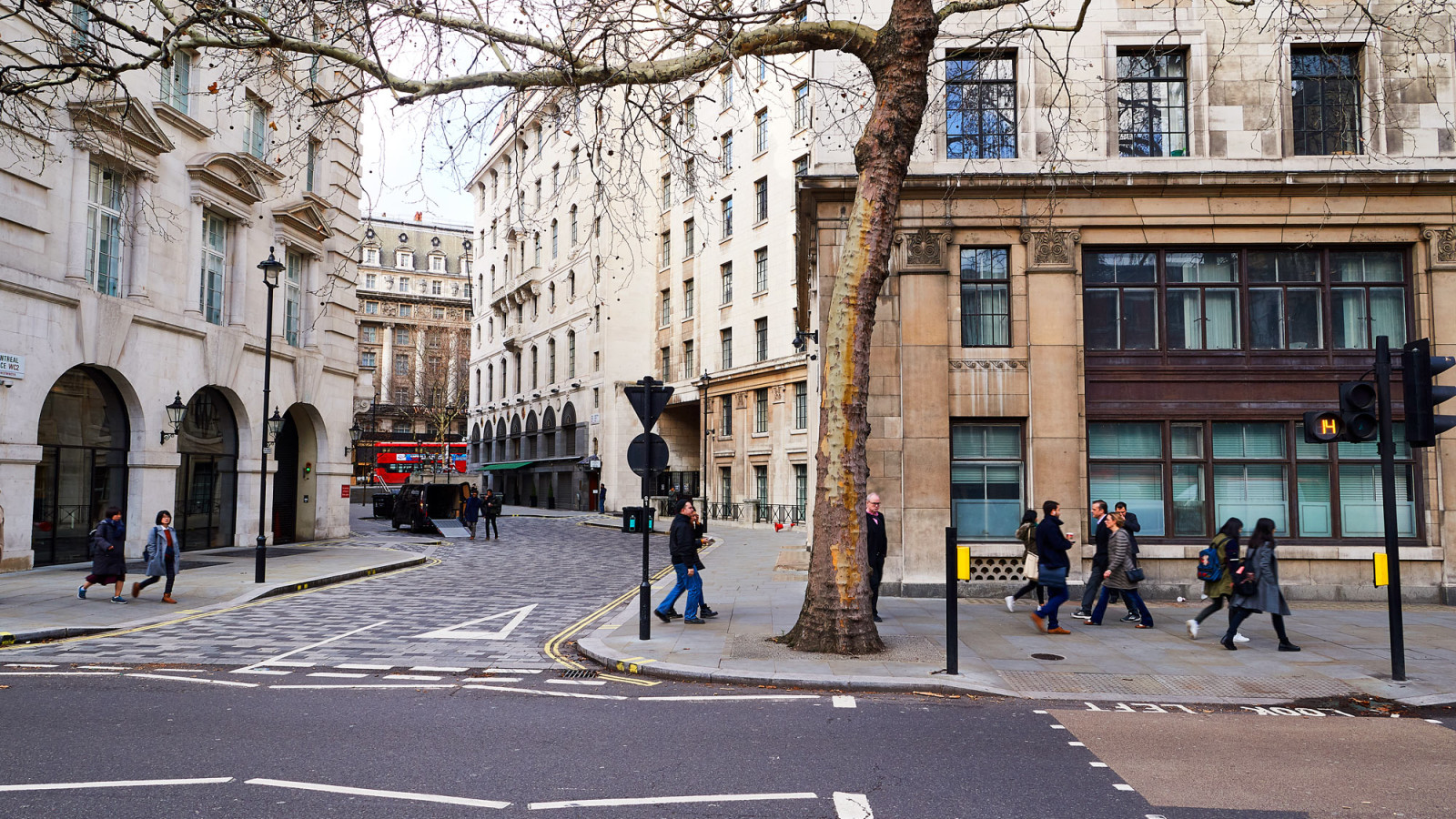
July 2016 Northbank introduces vision for the area
In December 2015, the Northbank BID commissioned Publica to develop a public realm vision for Aldwych, which would establish an overarching integrated framework for the transformation of this important part of the West End. The vision built on the 2015 Northbank Public Realm vision and Strategy. Publica worked in collaboration with Norman Rourke Pryme (NRP) who were commissioned to develop the traffic management options for the removal of the gyratory. In developing the framework, Publica undertook extended research, observation and study of the operation, design and programme of the Aldwych area between May 2015 and May 2016.
2016 Finalisation of traffic framework
Norman Rourke Pryme (NRP) analysed and assessed the seven traffic options put forward by the Vision for Aldwych. A process of technical analysis and liaison with TfL buses was carried out and the proposed traffic framework was recommended.
A summary of NRP’s analysis of the seven traffic options and the rationale behind the proposed traffic scheme can be found below.
The traffic framework was finalised late in 2016 to be taken forward by Westminster City Council.


